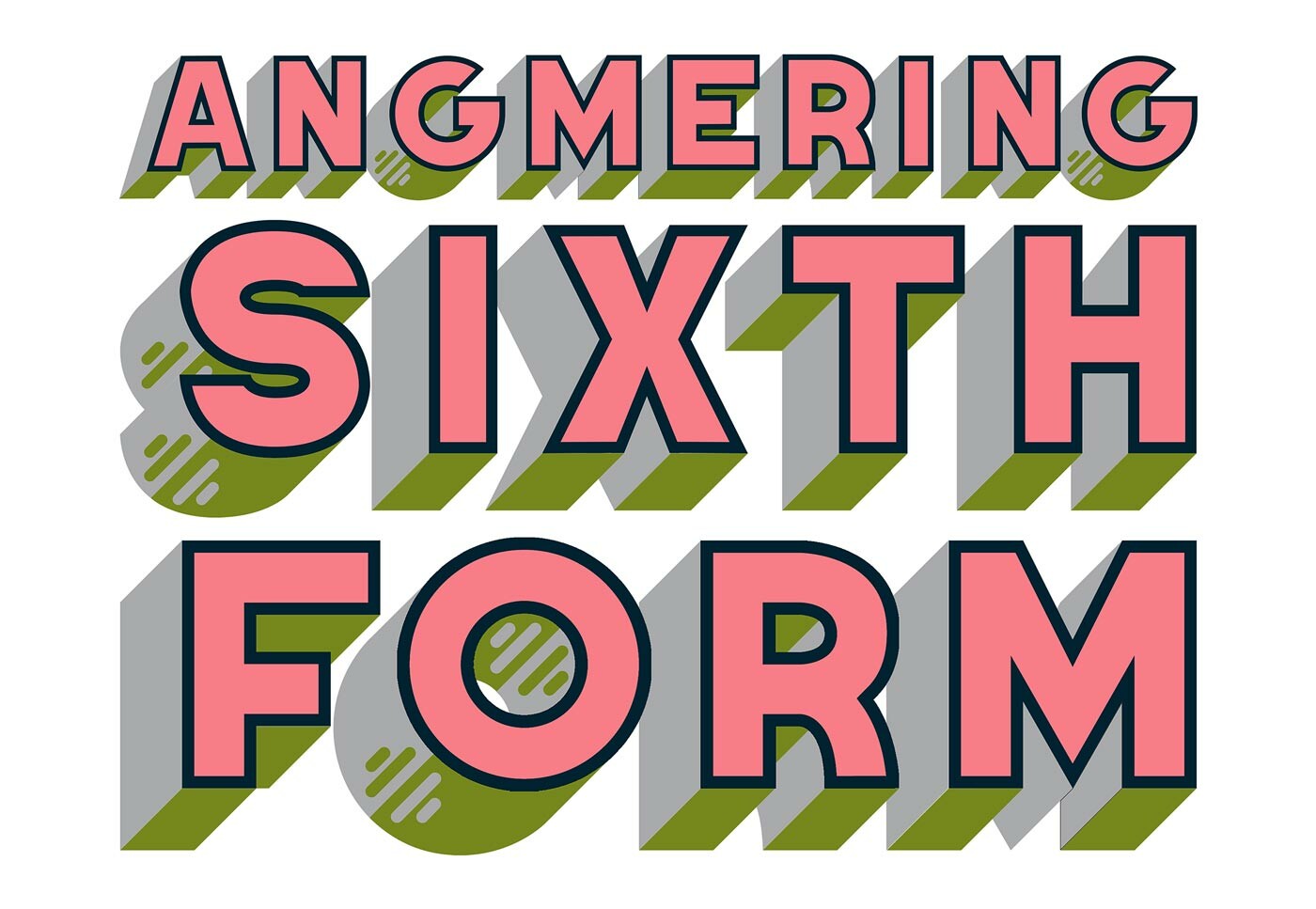English Literature A-Level (OCR)
Course Overview
Studying literature allows you to study the human psyche, experience and social contexts over time. Being able to read, evaluate and appreciate any content is an essential skill that will only increase in importance as the platform for sharing news and views that will be published grows. It also connects us to ideas and feelings not always so easily shared, as James Baldwin observed: “You think your pain and your heartbreak are unprecedented in the history of the world, but then you read...” The OCR A Level in English Literature qualification will build on the knowledge, understanding and skills established at GCSE, introducing you to the discipline of advanced literary studies, and requires reading from all the majority literary genres of poetry, prose and drama. The course will allow you to develop independence and judgement as you synthesize and reflect on your knowledge and understanding of a range of literary texts and ways of reading them.
The aim of the OCR Literature course we study at Angmering is to encourage you to:
-
Develop your interest in and enjoyment of literature
-
Read widely and independently
-
Engage critically and creatively with a substantial body of texts
-
Develop your analytical and writing skills
-
Explore the contexts of the texts you are reading and
-
Consider other readers’ critical interpretation
-
What our students say:
“This is my favourite subject as I can have my own ideas and I enjoy discussing them in class.”
“The work we do in English Literature is the work I actually look forward to so it doesn’t even feel like work”
“I love the smaller groups and the chance to look at texts from different perspectives and hear others’ opinions.”
Texts we are currently studying:
-
The genre of Gothic Literature: The Bloody Chamber by Angela Carter and Dracula by Bram Stoker
-
Shakespeare’s Comedy: Twelfth Night
-
The Doll’s House by Ibsen
-
The poetry of Christina Rossetti
-
A Streetcar Named Desire by Tennessee Williams
-
your choice of a post 1900 and post 2000 collection of poems and a novel
“A reader lives a thousand lives before he dies. The man who never reads lives only one.” — George R. R. Martin
We also offer a trip to Transylvania to support our study of the Gothic.
English Literature is one of the Russell Group universities' 'facilitating' subjects — so called because choosing them at A level allows a wide range of options for degree study. It is a key subject studied by many Prime Ministers and Public Servants.
English Literature A level is an essential subject for an English degree. Some drama, media studies, American studies and law degree courses will also ask for an English literature or language A-level. The Russell Group Informed Choices Guide also recommends English Literature A-level for those who want to take degree courses in classics, French and other modern languages, teacher training, history, history of art, politics and religious studies.
It is a myth that studying humanities subjects, especially English Literature, won’t also lead to highly paid careers. This myth is something that those in the arts have been keen to challenge. For example, last year research from the British Academy found that humanities graduates could often end up being just as well paid as their STEM counterparts: “While starting salaries are lower, over the longer term, AHSS [arts, humanities and social studies] graduates make strong progress up the career ladder into roles attracting higher salaries.”
Its report also shows that humanities graduates are just as employable as scientists and mathematicians, citing data from London Economics that show employment rates between those with degrees in these fields are almost identical. (TES)
English literature offers a wide range of potential future careers including: publishing, media, journalism, public relations, teaching, university lecturing, public sector, law, librarianship, archiving, information and research, tourism, events management, social work, youth work, probation work, human resources, retail management, sales, and many more.
You should be on track to achieve a minimum of 5 GCSEs at grades 4 - 9, including a grade 5 English Language and/or English Literature.

